Between the ages of 25 to 35, women's reproductive capacity decreases by up to 50%. Now, thanks to the Ginemed Foundation, we can find out our fertility status free of charge with a blood test and an ultrasound scan.
Personal circumstances such as longer academic training, work demands and the economic situations have meant that the age for becoming a mother is becoming increasingly later. However, age continues to be one of the main factors affecting fertility, as between the ages of 25 to 35, women's reproductive capacity decreases by up to 50%, which means that, year after year, the chances of becoming a mother with your own eggs are considerably reduced.
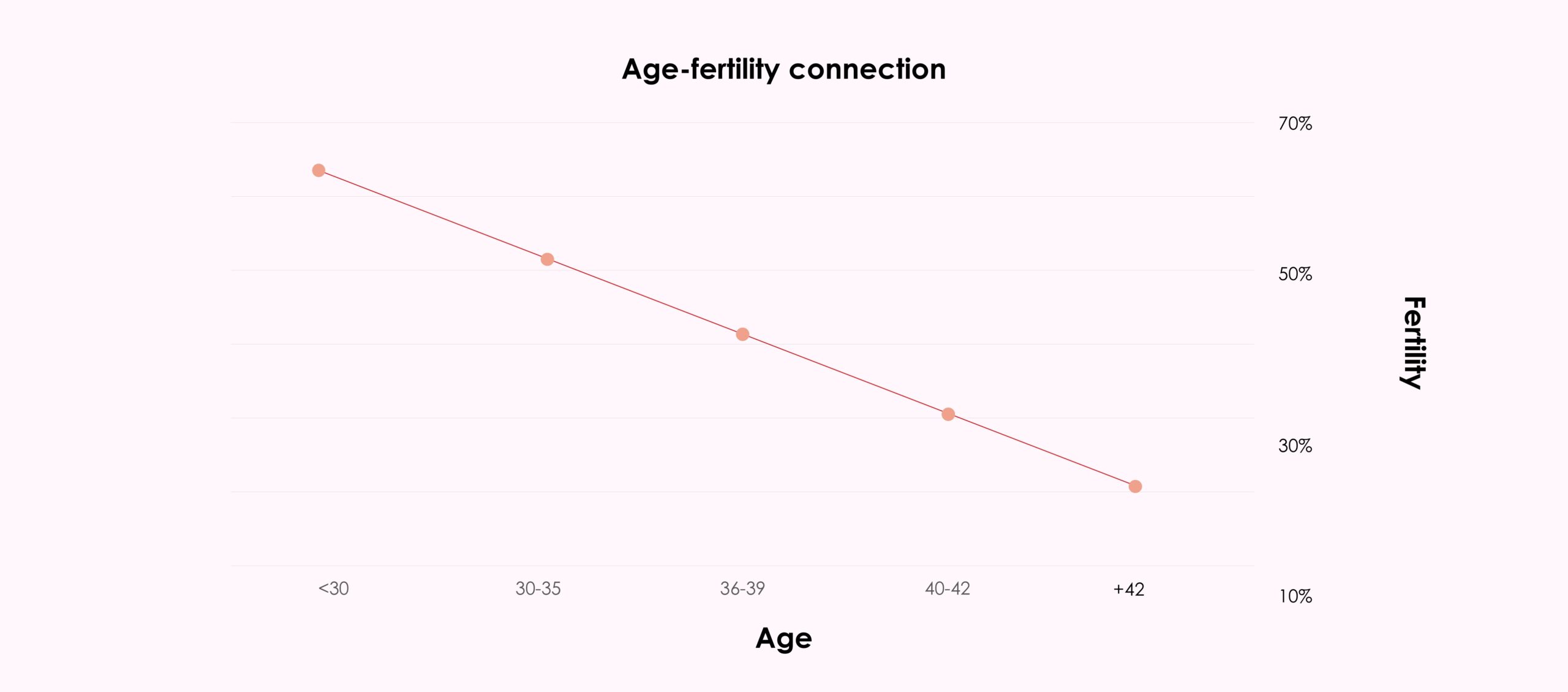
In this sense, we professionals have the responsibility to offer patients, and society in general, quality information and training, so that they can make informed decisions. With a blood test and an ultrasound scan, we can measure a woman's fertility status. In this way, we can prevent social sterility - the most common cause of sterility in the doctor's office. Now, thanks to the Ginemed Foundation, it will be carried out free of charge for all women between the ages of 23 to 38 at any of the Ginemed centres.
What is the best age to become a mother?
The best age for pregnancy is between 20 and 30, as this is the time when the ovaries have the best ovarian reserve and egg quality.
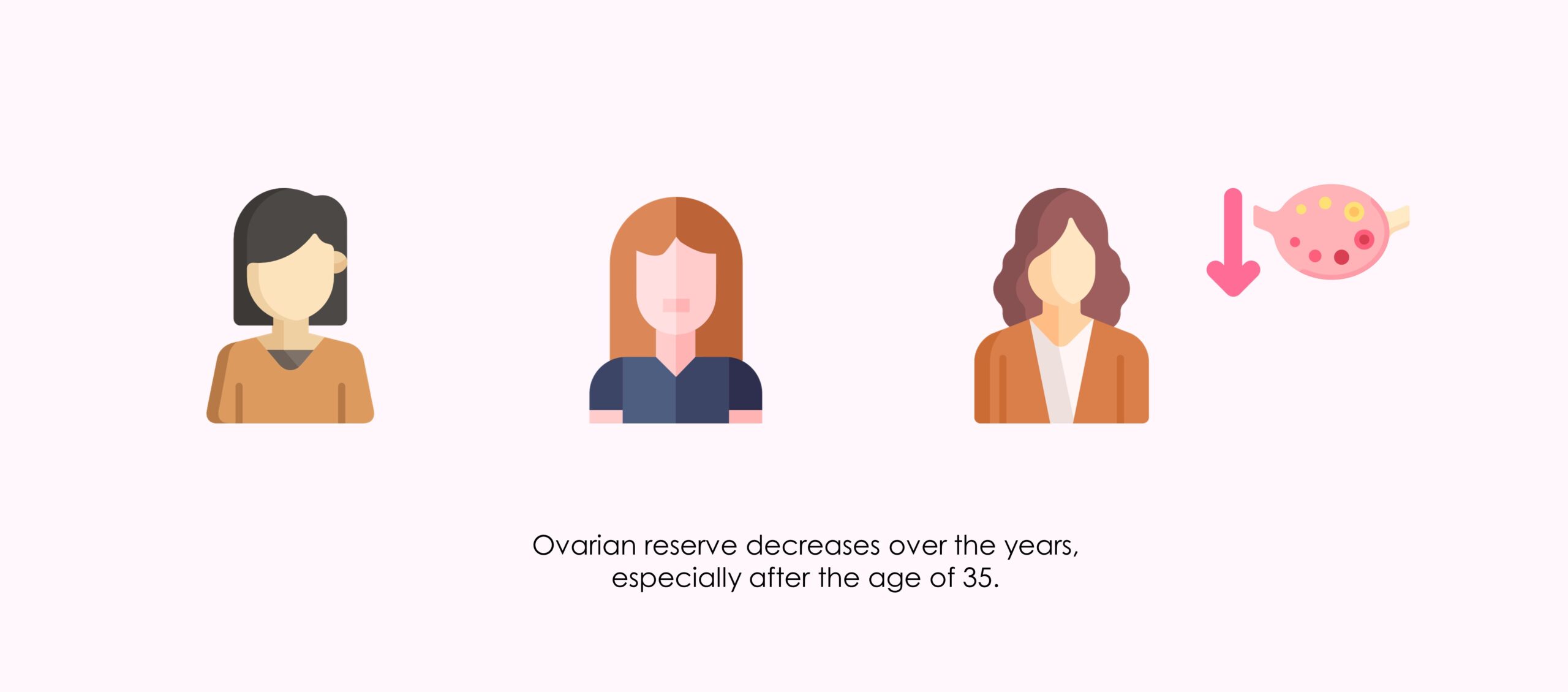
In this age range, we can look for a natural pregnancy approximately 1 year and a half before seeking professional help. If there is any history of early menopause in your family, it is important to discuss this with your gynaecologist. If you do not consider pregnancy during this stage, you have the possibility of preserving your fertility.
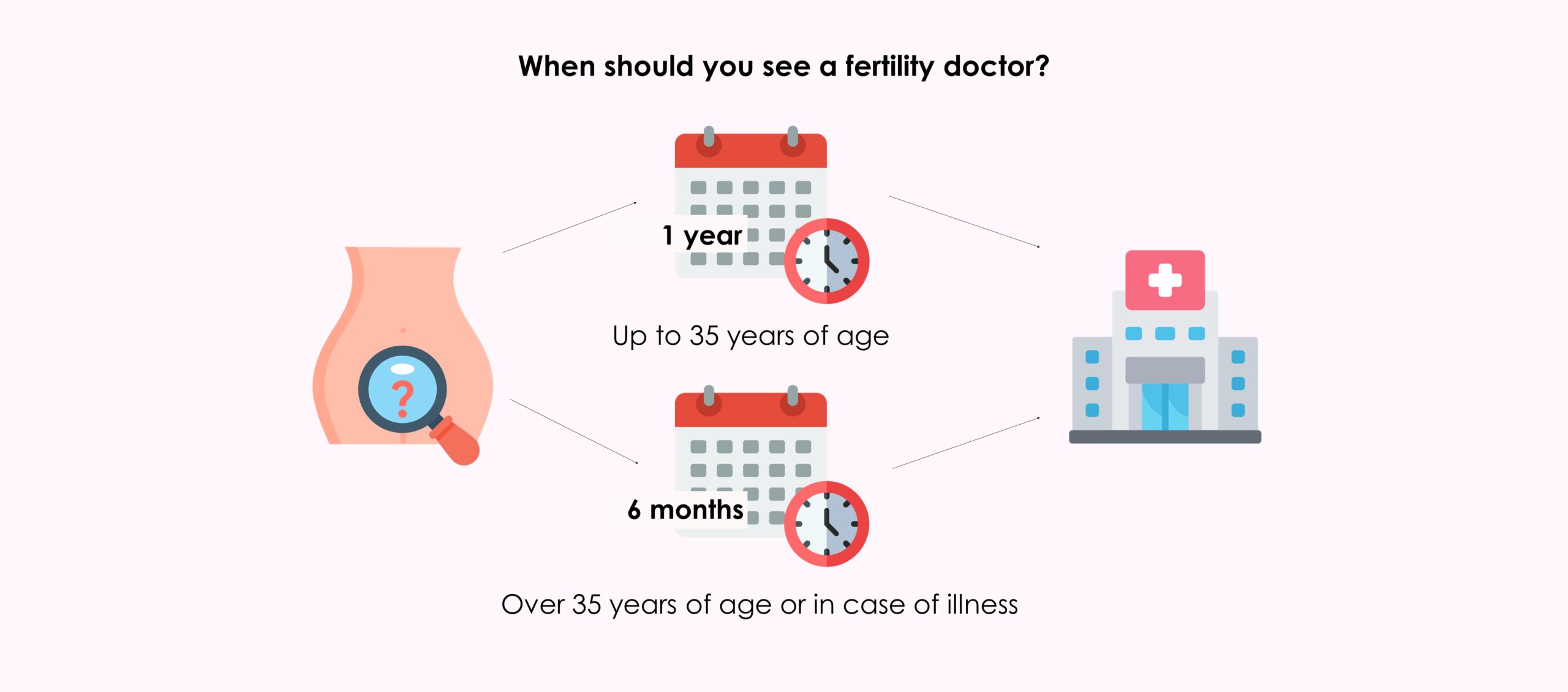
Between the ages of 30 to 35, the chances of getting pregnant naturally are good. If we do not plan to become a mother yet, we have the possibility of preserving our eggs. Ideally, this should be done before the age of 35. From the age of 36 onwards, a woman's reproductive capacity decreases considerably.
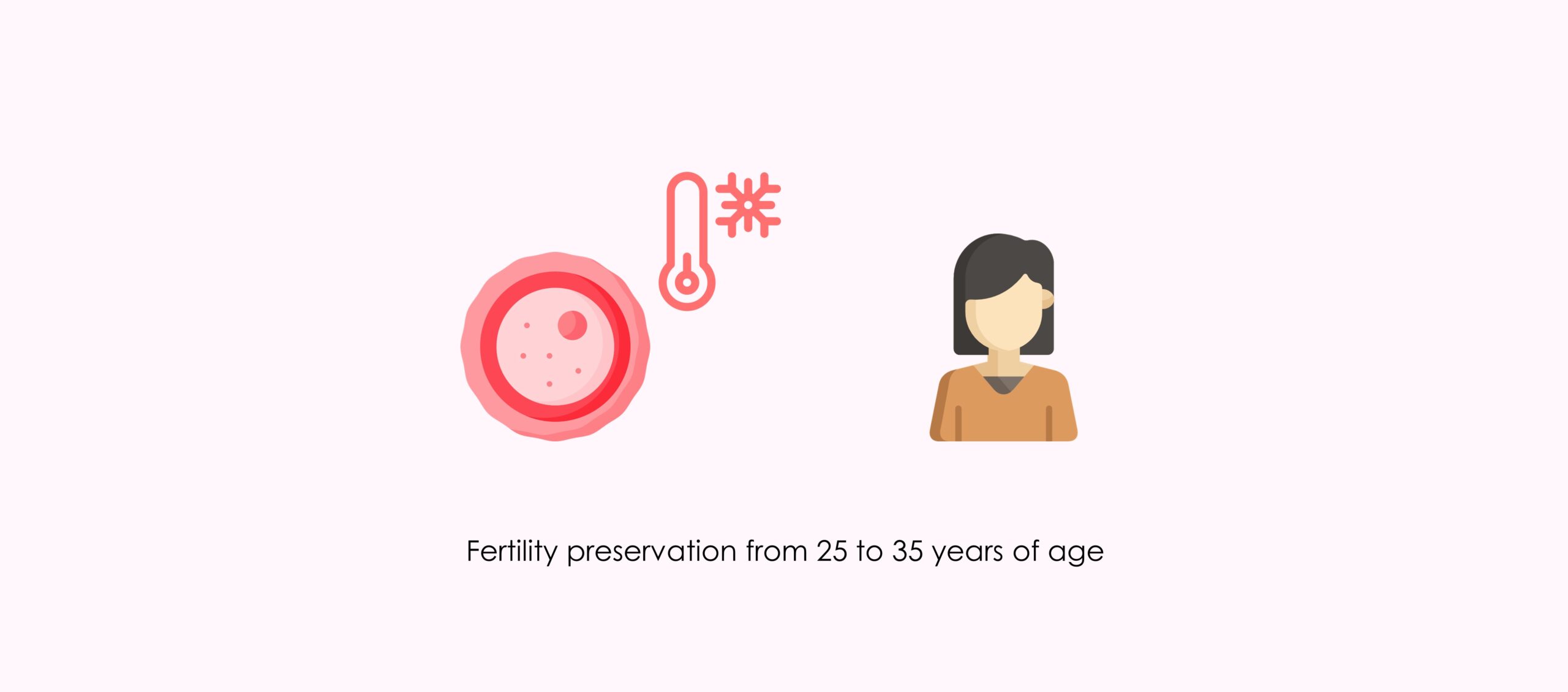
If the woman's age is close to 40 and she has not achieved a pregnancy after 6 months, it is advisable to consult a specialist.
How does a woman's age influence fertility?
All women are born with approximately 2 million eggs. We do not have the possibility to produce more, the ovary only keeps them until they are used up. As we get older, we lose a significant number of eggs. In fact, by our first period, the number of eggs we have is already reduced to 200,000.
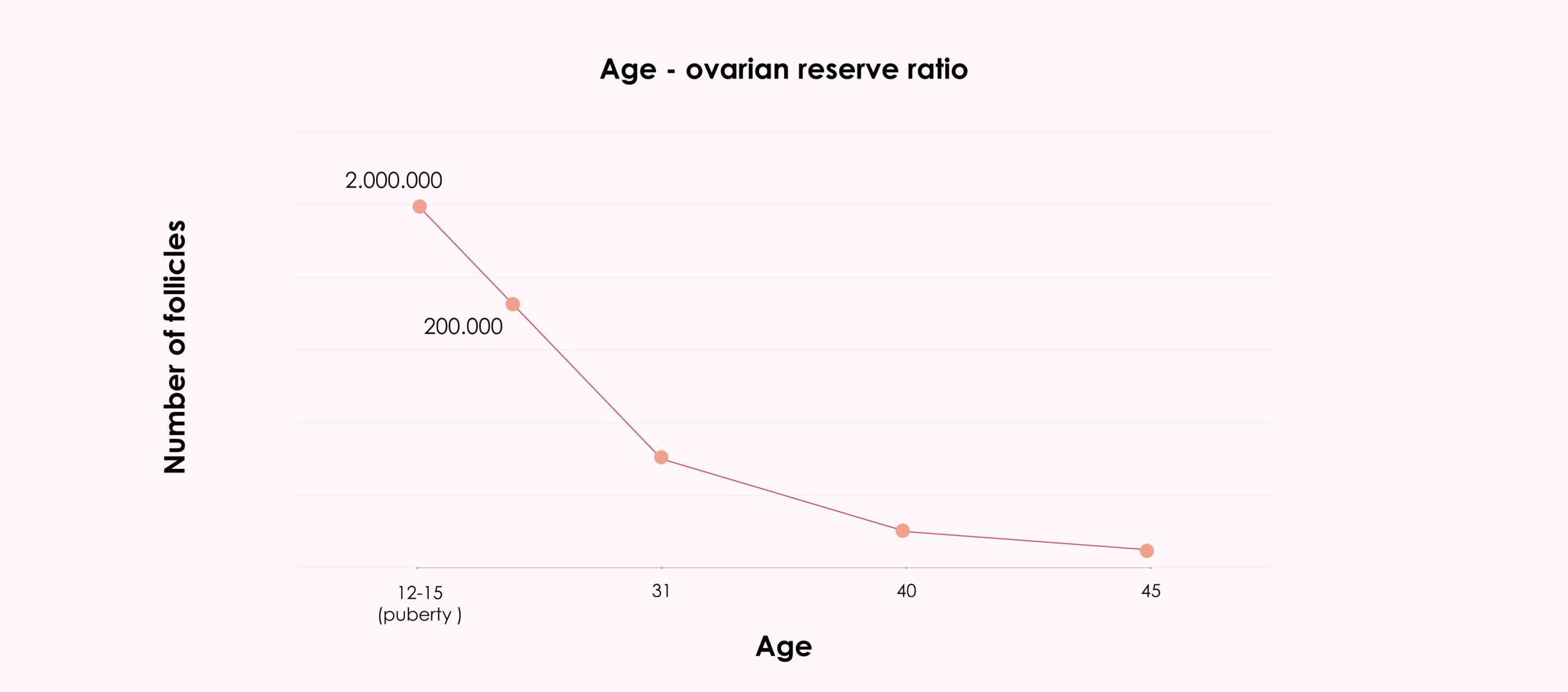
Over time, not only does the number of eggs we have diminish, but their quality also decreases. In addition, throughout our lives we may suffer from diseases that affect our ovarian reserve and the quality of our eggs.
What is advanced maternal age?
Even if we continue to have regular periods, even after the age of 50, this does not indicate that our reproductive capacity is optimal for achieving a pregnancy. The ability to achieve a full-term pregnancy decreases greatly, by 10-15%. From the age of 41 onwards, it is very difficult to have a child without resorting to an assisted reproduction technique.
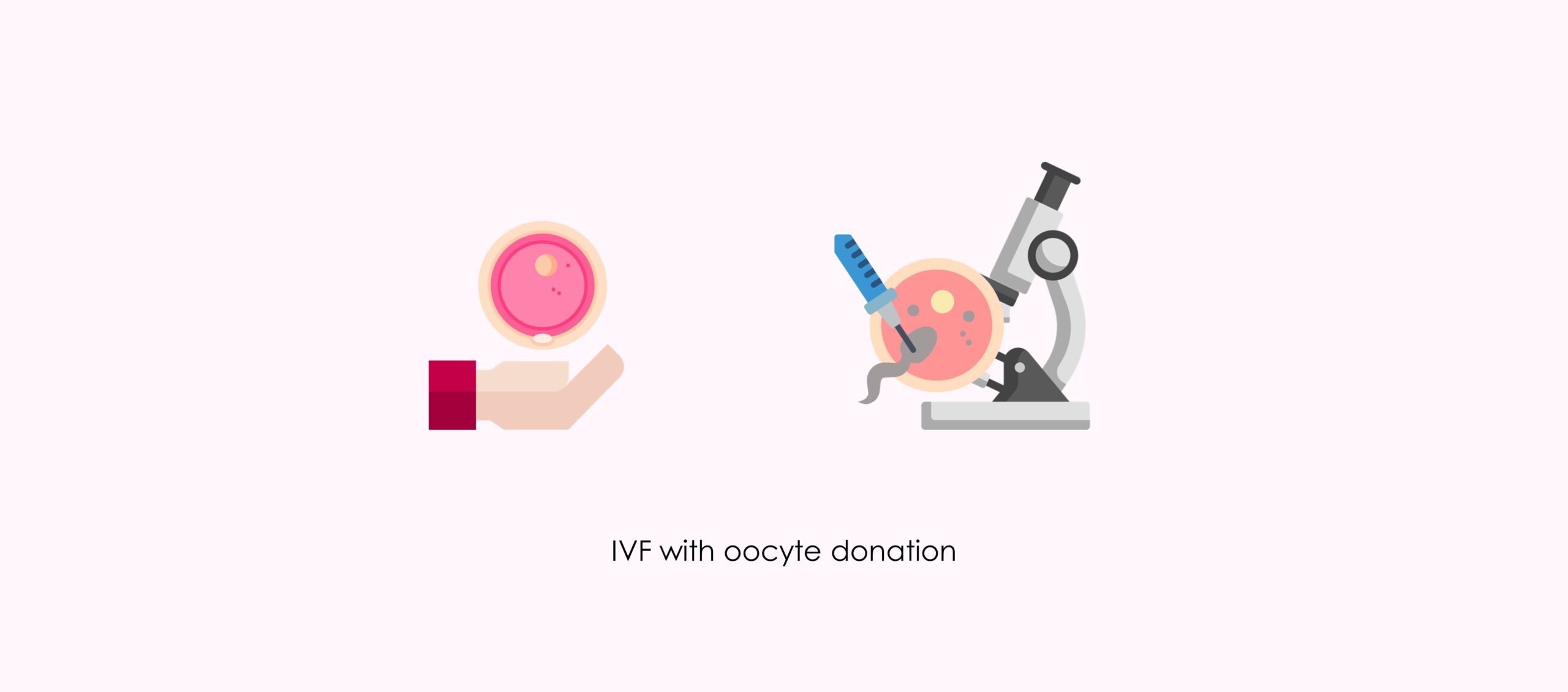
Above this age, the chances of having to rely on fertility treatments with donated eggs (oocyte donation or IVF with donor eggs) increase. Pregnancies in this age range often carry increased maternal and foetal risks.
Advanced maternal age and pregnancy
If you are over 40, do not wait more than 6 months to start an infertility trial. Remember that obstetric complications become more frequent as the mother's age increases.
For all these reasons, our work as professionals in prevention is essential to make society aware that there are factors that affect our fertility and that are modifiable, such as not delaying motherhood beyond the age of 35.


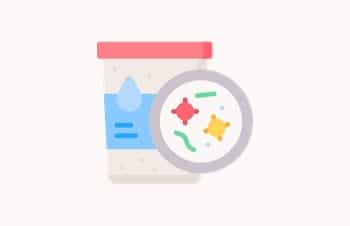


No hay comentarios